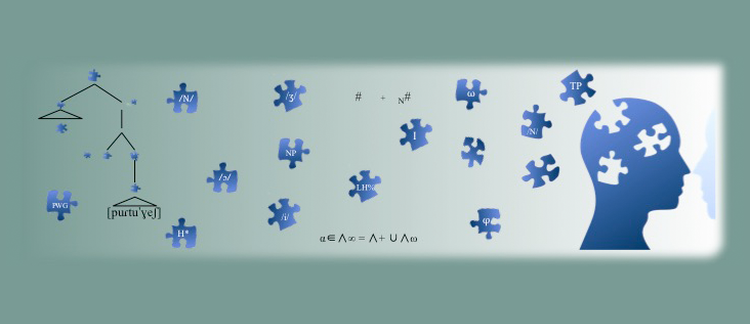Abstract
In the present study we aim to capture rhythmic and melodic patterning in speech and singing directed to infants. We address this issue by exploring the acoustic features that best predict different classification problems. We built a database composed by infant-directed speech from two Portuguese variants (European vs Brazilian Portuguese) and infant-directed singing from the two cultures, comprising 977 tokens. Machine learning experiments were conducted in order to automatically discriminate between language variants for speech, vocal songs and between interaction contexts. Descriptors related with rhythm exhibited strong predictive ability for both speech and singing language variants’ discrimination tasks, presenting different rhythmic patterning for each variant. Common features could be used by a classifier to discriminate speech and singing, indicating that the processing of speech and singing may share the analysis of the same stimulus properties. With respect to discriminating interaction contexts, pitch-related descriptors showed better performance. We conclude that prosodic cues present in the surrounding sonic environment of an infant are rich sources of information not only to make distinctions between different communicative contexts through melodic cues, but also to provide specific cues about the rhythmic identity of their mother tongue. These prosodic differences may lead to further research on their influence in the development of the infant’s musical representations.
How to Cite
Salselas, I. & Herrera, P., (2011) “Music and speech in early development: automatic analysis and classification of prosodic features from two Portuguese variants”, Journal of Portuguese Linguistics 10(1), 11-35. doi: https://doi.org/10.5334/jpl.99
